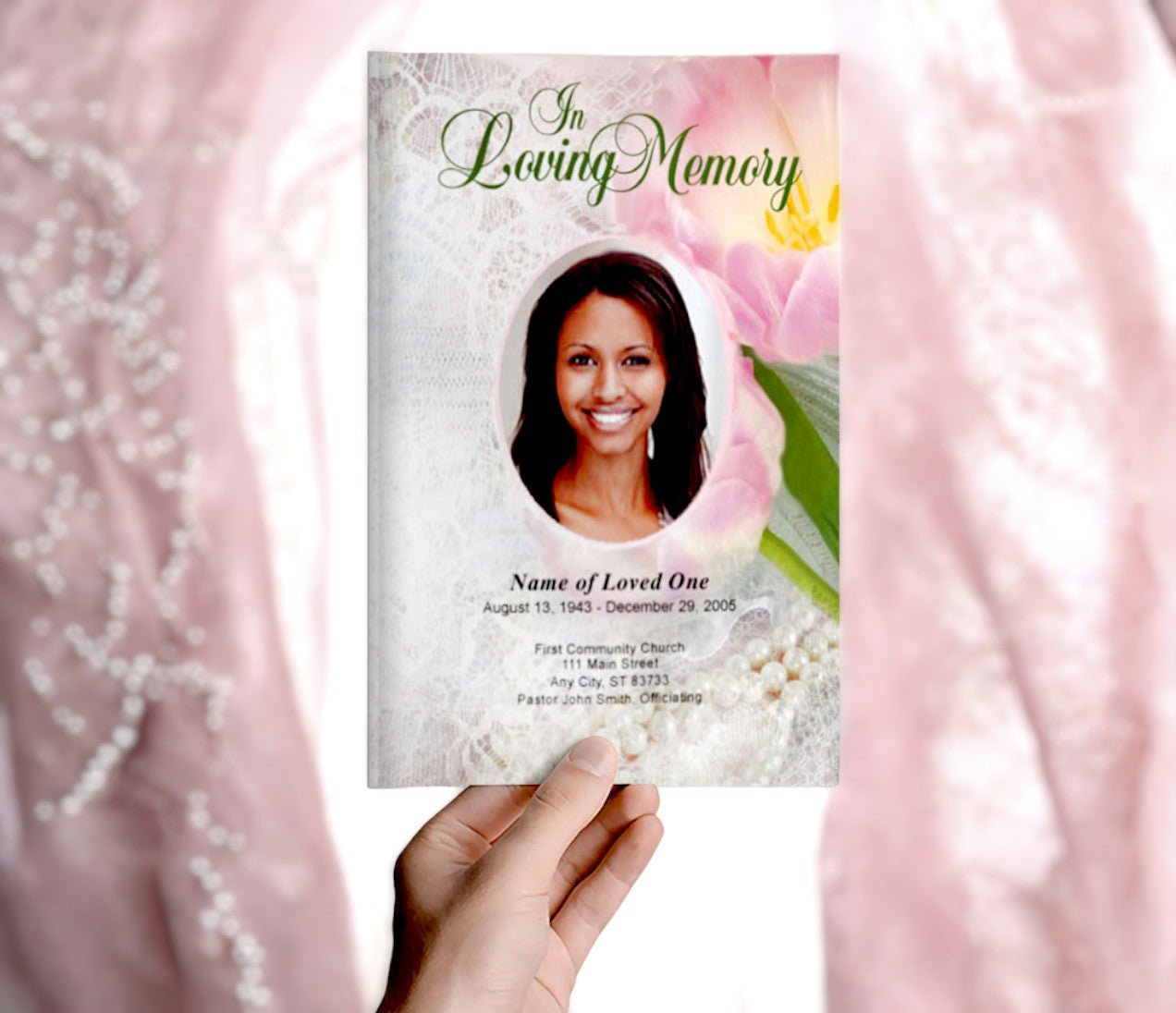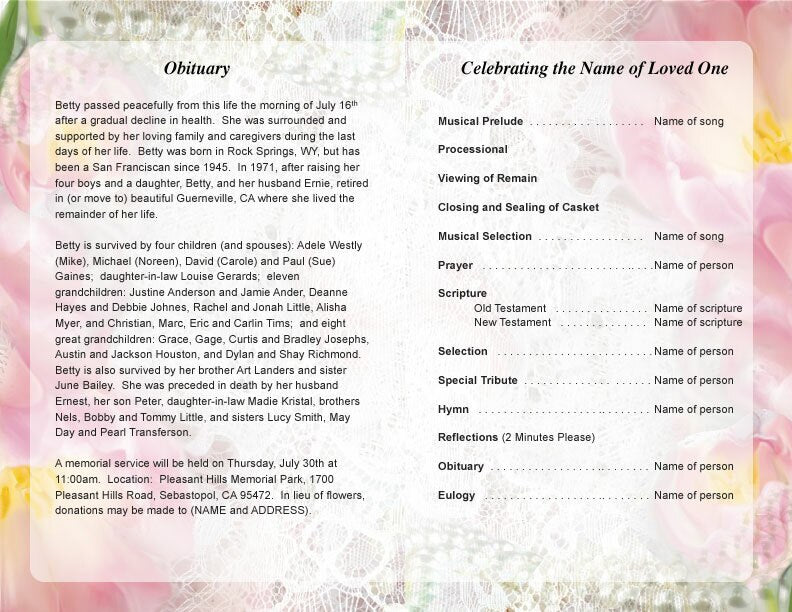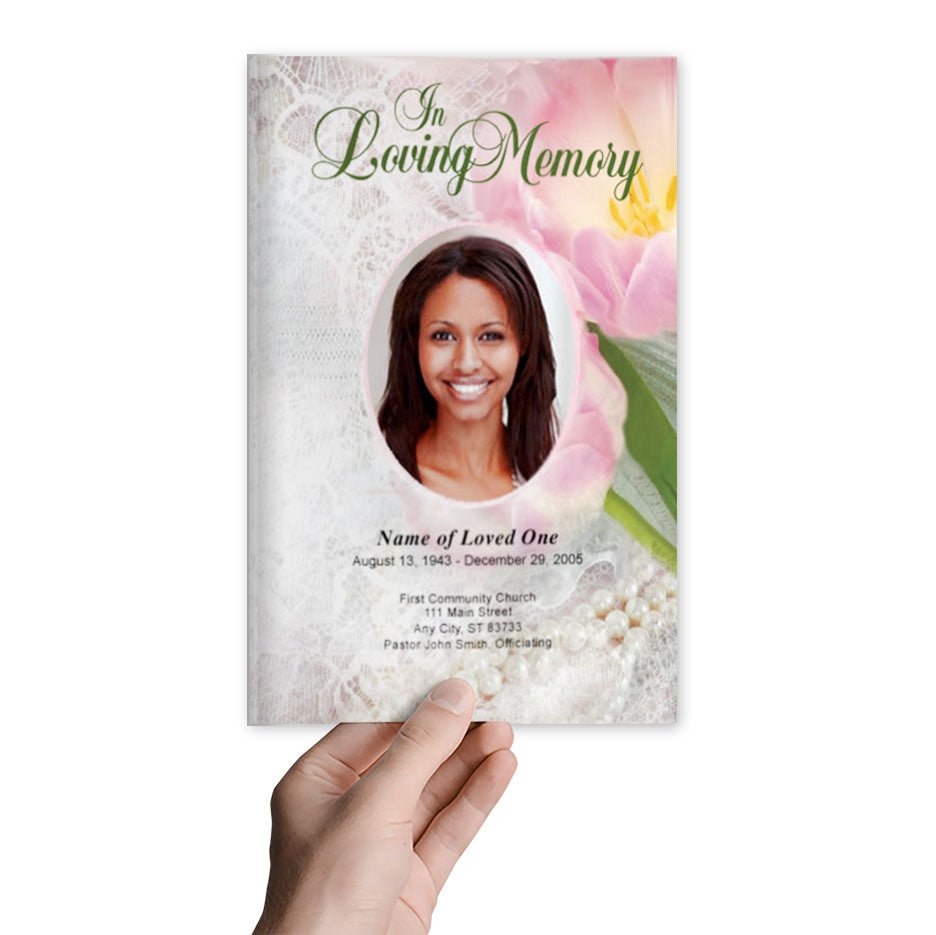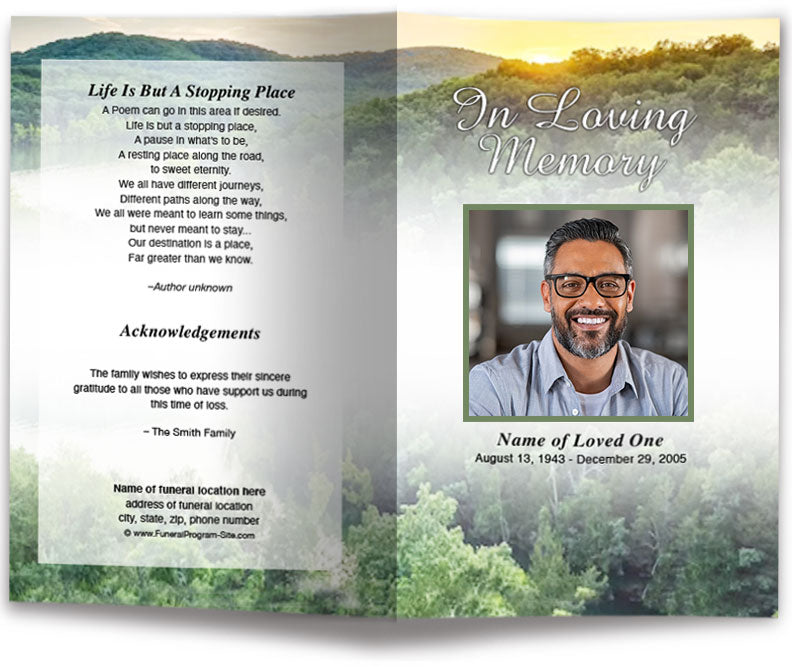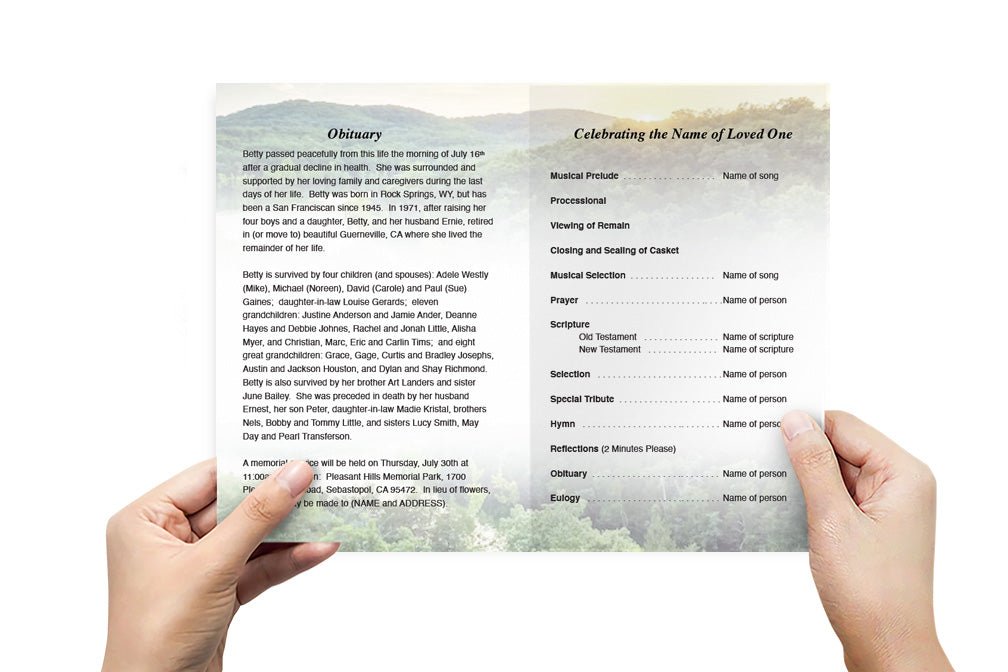Should I Follow Up with the Grieving Family After the Funeral?

Losing a loved one is one of the most challenging experiences anyone can face, and the period following a funeral can be an especially difficult time for the grieving family. While many people express their condolences and support around the time of the funeral, it’s often the weeks and months afterward that are the hardest for those left behind. This raises an important question: Should you follow up with the grieving family after the funeral? The answer is a resounding yes. Following up shows continued support and empathy, helping the grieving family feel less alone during their time of mourning. This article will discuss why following up is important, how to do it thoughtfully, and what to consider when reaching out to those who are grieving.
Why Following Up Matters
-
Grief Doesn’t End with the Funeral: Many people assume that once the funeral is over, the grieving process is also largely complete. However, grief is a long and often unpredictable journey that continues well after the funeral service. During this time, the grieving family might feel isolated or forgotten as others return to their routines. A follow-up call, message, or visit can remind them that they are not alone and that they have a support system that cares about their well-being.
-
Showing Continued Support: Following up with the grieving family after the funeral is a way to show that your concern and support are ongoing. It demonstrates that your care was not just a formality but a sincere commitment to being there for them during a challenging time.
-
Acknowledging Their Loss: Sometimes, people avoid talking about the deceased because they fear it might make the grieving family feel worse. However, acknowledging the loss and talking about the deceased can be comforting to many grieving people. It shows that their loved one is remembered and missed, and it opens the door for them to share memories and express their feelings if they choose to.
-
Helping with Practical Needs: After the funeral, the grieving family might have practical needs, such as help with household chores, running errands, or managing paperwork. Reaching out allows you to offer specific assistance that could ease their burden.
How to Follow Up Thoughtfully
-
Reach Out at Appropriate Intervals: Timing is crucial when following up with the grieving family. Consider sending a card or a message within a week or two after the funeral, expressing that you are thinking of them. A phone call or a more personal message can be sent a few weeks later, checking in on how they are doing and offering your support.
-
Send a Thoughtful Card or Note: A heartfelt card or note can be a meaningful way to express your condolences and let the grieving family know you are thinking of them. Avoid generic messages; instead, personalize the note with a memory of the deceased or a few words of encouragement.
Example: “I’ve been thinking of you often and wanted to let you know how much [Deceased’s Name] meant to me. Their kindness and laughter are something I will always remember. I’m here if you need anything or just want to talk.”
-
Make a Phone Call or Visit: A phone call or an in-person visit can be more personal and meaningful. When calling or visiting, it’s important to be a good listener. Ask open-ended questions like, “How have you been feeling lately?” and allow them to share their thoughts and emotions without judgment or rushing to offer solutions.
-
Be Prepared for Different Reactions: Everyone grieves differently. Some people may appreciate the opportunity to talk about their loved one, while others may not feel ready to discuss their emotions. Respect their response, and don’t take it personally if they don’t seem receptive to your efforts at that moment.
-
Offer Practical Help: Consider offering specific help, such as cooking a meal, helping with chores, or taking care of their children. Offering concrete help is often more effective than a general “Let me know if you need anything,” as grieving people may not have the energy or presence of mind to ask for help.
Example: “I’m planning to bring over dinner on Wednesday. Would that work for you? If there’s anything specific you need, please let me know.”
-
Remember Significant Dates: Anniversaries, birthdays, and holidays can be especially challenging for those who are grieving. Mark these dates on your calendar and reach out to the grieving family during these times to offer extra support and let them know you’re thinking of them.
Example: “I know [Deceased’s Name]’s birthday is coming up, and I just wanted to reach out and see how you’re doing. I’m here for you.”
What to Consider When Following Up
-
Respect Boundaries: While it’s important to show support, it’s also essential to respect the grieving family’s boundaries. If they seem overwhelmed or express a desire for space, honor their request and let them know you’re there when they’re ready.
-
Be Genuine and Sincere: Authenticity is key when reaching out to a grieving family. They will appreciate genuine expressions of sympathy and support more than hollow or obligatory gestures. Speak from the heart and be present in the moment.
-
Avoid Clichés and Overly Positive Statements: Statements like “Time heals all wounds” or “They’re in a better place now” can be unintentionally hurtful. Instead, acknowledge the difficulty of their loss and let them know it’s okay to feel however they feel.
Example: “I can’t imagine how hard this must be for you. Just know that it’s okay to take all the time you need to grieve and process everything.”
-
Know When to Step Back: If the grieving family is not responding or seems to be pulling away, it might be a signal to give them space. Continue to offer support, but don’t push them to engage if they aren’t ready.
The Impact of Following Up
Following up with a grieving family after the funeral can have a profound impact. It helps to reinforce that they are not alone in their grief and that their loved one is remembered and cherished. While the initial outpouring of support immediately after a loss is important, it is the sustained care and attention in the weeks and months that follow that can provide meaningful comfort and companionship on their journey through grief.
Should I Follow Up with the Grieving Family After the Funeral Conclusion
Reaching out to a grieving family after the funeral is a compassionate and meaningful way to offer continued support. Whether through a heartfelt note, a phone call, a visit, or practical help, your efforts to follow up can provide comfort and show that you genuinely care. Remember to be patient, empathetic, and respectful of their needs and boundaries, and your support will be a valuable source of strength during their time of mourning.
© Funeral Program Site











